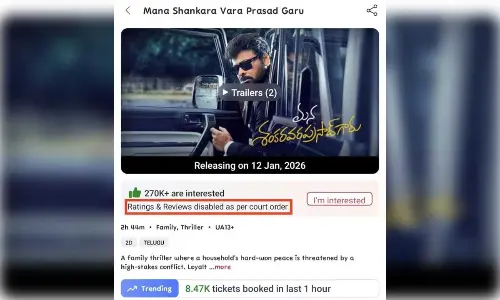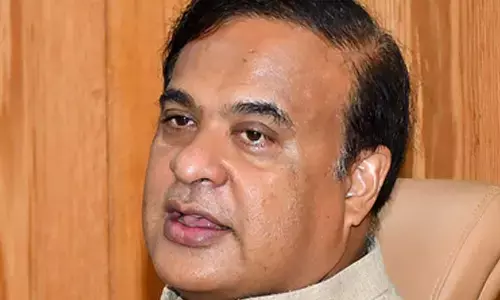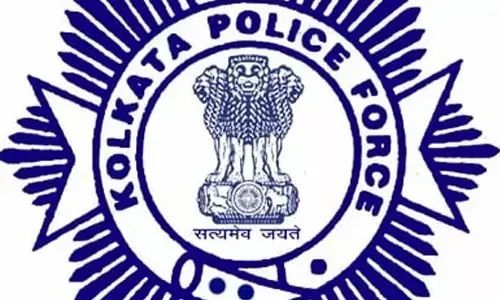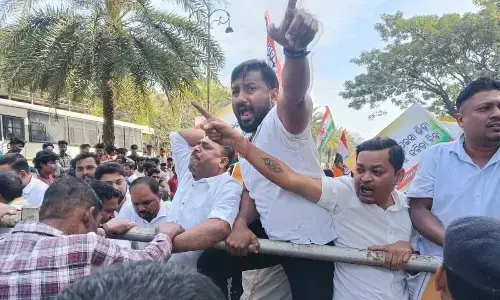Bengaluru: Cauvery water dispute Diplomacy and dynamics at play
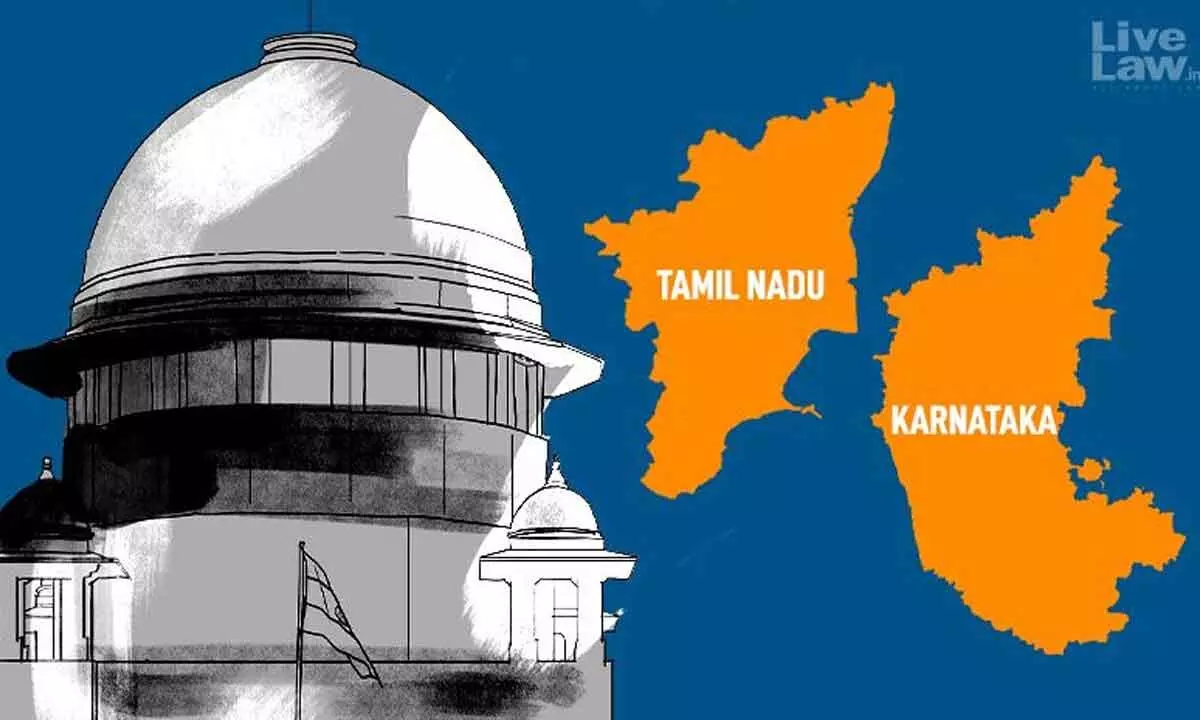
Dy CM says 10 TMC water to be released to TN as this nuanced approach underscores the intricate considerations inherent in managing shared water resources, especially within the context of an ongoing dispute
Bengaluru : Following Tamil Nadu’s recent appeal to the Supreme Court, urging Karnataka to release Cauvery water to its reservoirs, Deputy Chief Minister of Karnataka, D K Shivakumar presented a measured response, asserting that while not obligatory, Karnataka will indeed release 10 TMC (Thousand Million Cubic feet) of water to its neighbouring state. This announcement comes on the heels of heightened tensions surrounding water allocation between the two states.
In a media interaction after participating in a flag hoisting ceremony in Bengaluru, Shivakumar acknowledged the precarious water situation in Karnataka and highlighted the state’s willingness to cooperate, despite its own water scarcity challenges.
Shivakumar, who also serves as the Water Resources minister, emphasised the government’s commitment to balancing the interests of both the citizenry’s drinking water requirements and the needs of the agricultural sector. This nuanced approach underscores the intricate considerations inherent in managing shared water resources, especially within the context of an ongoing dispute. However, within Karnataka’s political landscape, divergent viewpoints have surfaced. On the one hand, former Chief Minister Basavaraj Bommai has advocated a robust stance on water release to Tamil Nadu. Bommai, in a letter addressed to Chief Minister Siddaramaiah, underscored the critical shortfall in water capacity within the four dams situated in the Cauvery basin, particularly concerning the supply of potable water to Bengaluru.
The intricacies of this water dispute were further exacerbated when Tamil Nadu lodged accusations against Karnataka for allegedly consenting to the release of a reduced volume of 8,000 cusecs (cubic feet per second) of water, prompting Tamil Nadu to seek legal recourse through the Supreme Court.
This impasse reflects the delicate equilibrium that must be achieved between the imperative to fulfil immediate water needs and the broader regional ramifications of such decisions. The longstanding Cauvery water dispute continues to serve as a litmus test for statesmanship and resource management, unveiling the layers of complexity inherent in cross-border resource sharing.
As the two states engage in dialogues, legal discussions, and political negotiations, the outcomes will have far-reaching implications for the broader discourse on equitable water distribution and inter-state relations. The evolving scenario necessitates a holistic understanding of the ecological, social, and political aspects at play, encapsulating the intricate interplay between water, governance, and diplomacy.









